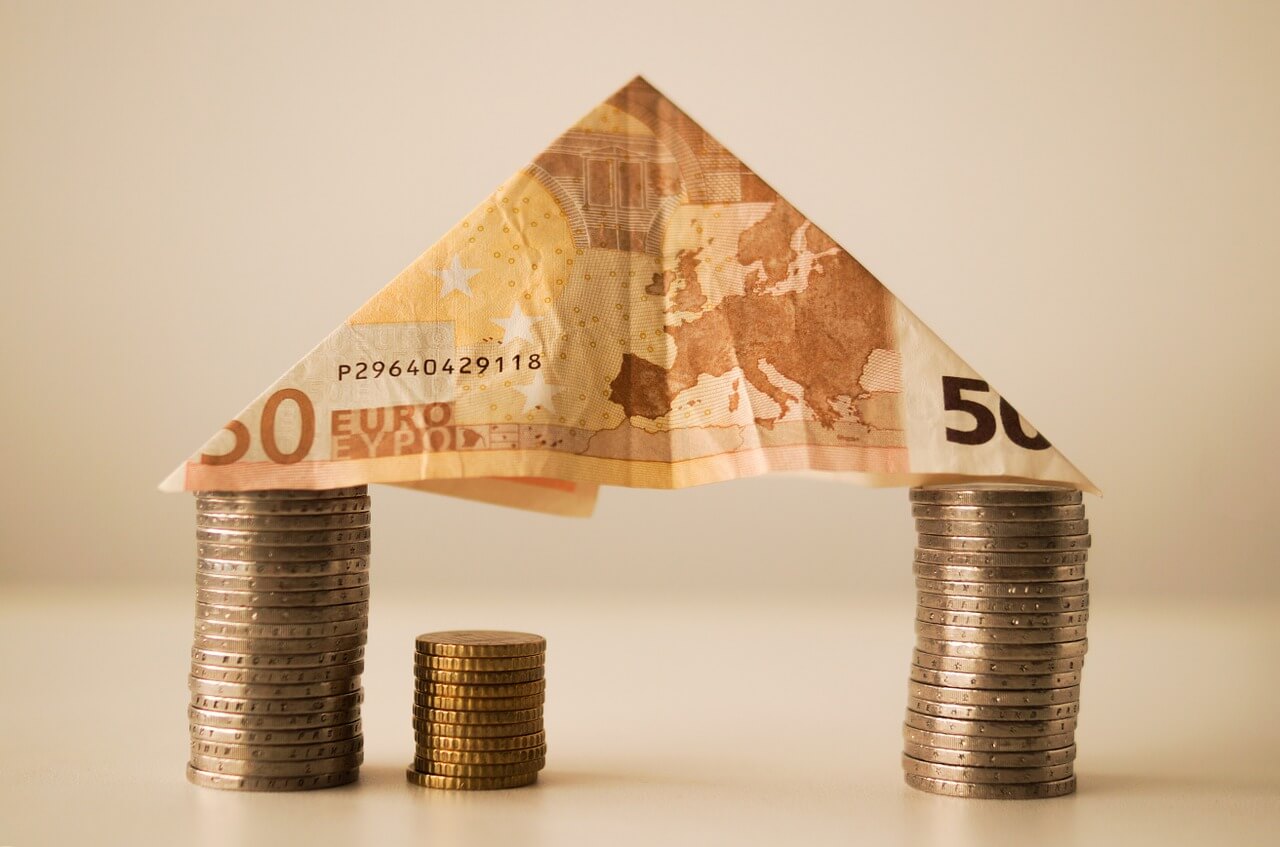Money market funds, like other types of investment funds, carry some level of risk, but
they are generally considered to be low-risk investments.
Money market funds invest primarily in short-term, high-quality, fixed-income
securities such as Treasury bills, commercial paper, and certificates of deposit. These
investments are considered to be less risky than stocks or bonds because they are issued
by governments or large, well-established companies.
Money market funds are also governed by groups like the Securities and Exchange
Commission (SEC) in the US and the Capital Markets Authority (CMA) in Kenya. This
helps to make sure that the funds are run in a fair and open way.
However, it is important to note that while money market funds are considered low-risk,
they are not without risk. The value of the fund can fluctuate depending on the
performance of the underlying securities, and there is always a risk of losing money.
Also, money market funds are subject to credit risk, which is the chance that the
company that issued the securities in the fund will not pay the interest or principal when
they are supposed to.
Another important aspect to keep in mind is that money market funds are considered
cash investments, meaning that they are intended to be held for short periods of time
and are expected to provide liquidity and preserve capital. This is different from other
types of investment funds, such as equity or bond funds, that are intended to be held for
a longer period of time and are expected to provide higher returns over time.
It is also worth noting that money market funds can be affected by changes in interest
rates. When interest rates rise, the value of the securities held in the fund may decrease,
and the fund’s net asset value (NAV) may fall. Conversely, when interest rates fall, the
value of the securities held in the fund may increase, and the fund’s NAV may rise.
In addition, it is important to diversify your investment portfolio, meaning not putting
all your eggs in one basket. This helps to spread the risk and reduce the impact of any
potential losses.
Is your money safe in a money market fund?


